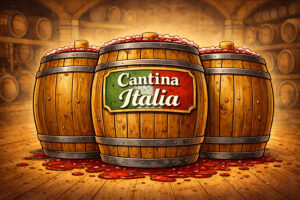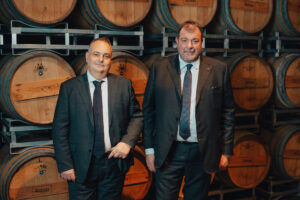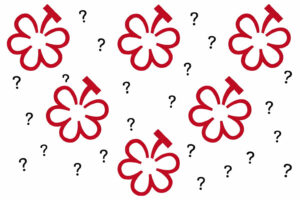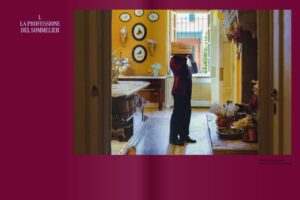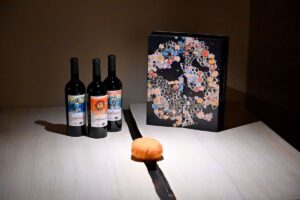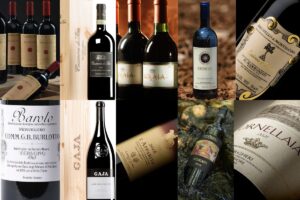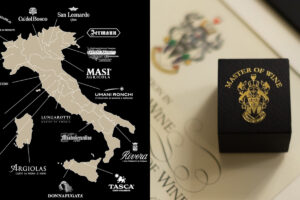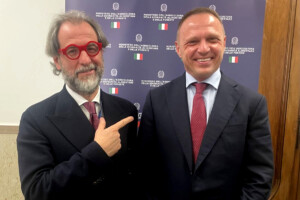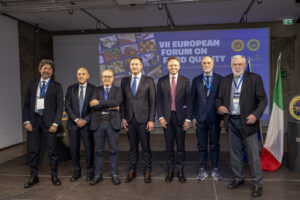The goal is one and it has been officially declared: the definitive worldwide relaunch of the Italian wine market. This is the challenge that has been launched by the Minister of Agriculture, Paolo De Castro, who is calling to unite the entire sector. For the first time wine will have a convocation in front of the States General. The date to launch the strategy that is being proposed in light of the Ocm reform is set for July 20. The details of the program were already presented recently in Rome by Minister Paolo De Castro with the conviction that “the wine sector has a strategic role for Italian agriculture”.
The minister has absolutely no doubts: “clear European rules are needed and the Ocm wine reform must point towards promotion and giving value to Italy’s unique patrimony and not penalizing it”. But to be sure to get Italy’s position onto Brussels’s planning tables De Castro emphasizes that “the voice and agreement of everyone is necessary”. And this is why “the day to listen to the wine sector will be the occasion to promote an open confrontation on the critical points of the Community Ocm wine reforms and to involve all of the protagonists of the sector in defining the common strategy that will allow Italy to count more on international markets”.
At the States General, the minister and the agricultural councilor for all Italian regions will attend the meeting together to take note of the various components of the national wine sector during the final phase of the negotiations for the European sector reform programmed to begin next fall. De Castro noted, “With the orientational proposal for Ocm wine, approved by the European Commission, an important reform has begun for a strategic sector in our country”.
In an attempt to emphasize how a discussion at the European capital would make concrete objectives and interventions capable of giving increased value to Italian agriculture as well as making it more competitive, the minister participated in three bilateral conferences in just one month: June 14 in Paris, with the French Minister of Agriculture Dominique Bussereau, June 22 in Rome, with Irish Minister of Agriculture Mary Coughlan, and on July 11 with Spanish Minister of Agriculture Elena Espinosa.
“In particular, the agreement between Italy and Spain has among its main points that of avoiding recourse to indiscriminate eradication of vineyards”. According to the minister “there is a risk to the existence of cultivations that may not be vast but are of great prestige and interest, and could consequentially deprive areas that had strong winemaking vocations”.
For this occasion dedicated to the States General, “great attention will be given to improving the quality of our wines. Italy must defend a secular wine history and have no doubts about the added value of its quality and its tradition”.
Below are the proposals for the Ocm wine reform elaborated by the European Commission:
ERADICATION OF VINEYARDS - The eradication system would be increased with the concession of a prize to incite producers to request it even during the first year. The goal is the explant of 400,000 hectares in 5 years, with a global EU contribution of 2.4 billion euros. The explant will be entirely voluntary. The system for the right to installation systems will be extended until 2013, now the definitive deadline.
ABOLITION OF AID IN REGULATING THE MARKET - All of the market measures in which there is aid offered for the distillation of by-products, for private storage, and for the use of must, will be abolished. Crisis distillations would also be abolished.
NATIONAL ENDOWMENTS - A national endowment has been planned for all producing countries to finance the measures that can be best adapted to their respective local situations. A part of the funds would be transferred to the rural development budget to finance measures specifically for the wine growing and producing sector.
SIMPLIFICATION OF THE POLITICS OF QUALITY - In order to simplify, the current three categories of wine will be cut down to two: wines with and without geographic indications. Brussels intends to realign the rules on quality according to Trip’s regulations for intellectual property at the WTO, introducing procedures that give greater power of intervention to the European Commission. Brussels would set a legislative framework for wines with geographic denominations.
SIMPLIFIED LABELING - Contrary to bans that are currently in effect, indications of grape varieties and year could also be included on labels that are not of geographic origin. The competency of approving the new enological practices would be entrusted to the Commission and enological practices admitted by Oiv (International Organisation of Vine and Wine).
BAN ON MUST-SUGAR ENRICHMENT - An attempt will be made to limit the increase of alcoholmetric titles through the use of must-sugar enrichment, which is a currently widespread practice in the Eu.
GLOBAL ORGANIZATION OF COMMERCE - In order to avoid third party observations within the Wto field, there is a proposal for the elimination of the EU territory ban on using imported musts and mixing them with EU products.
TIMING - By November the Agricultural Commission of the European Parliament will aim towards voting for the first initiative on the options of the reform presented by the European Commissioner Mariann Fischer Boel on June 22, 2006, which will be followed by juridical proposals. The reform process should be concluded by the first quarter of 2007, under the German presidency of the Eu.
Italian wine’s numbers
NATIONAL PRODUCTION AND EARNINGS - In 2005 national wine production reached 53 million hectoliters. Twenty years after the methanol scandal that shook the Italian wine world, Italy produces 37.4% less than in 1986, but the wine produced has a much higher value. Sector earnings have tripled (+260%), surpassing 9 billion euros, just as export values have (+250%).
ITALIAN VINEYARDS, A UNIQUE EUROPEAN PATRIMONY - Italy boasts a unique grape patrimony that includes 300 varieties of grapes and with a total surface area of 730,000 hectares. A wealth that has no rivals. France has little more than 40 varieties of vineyards, Spain barely 20, and Australia 15.
CERTIFIED WINES - The national production of denominational wines is 15 million hectoliters. In twenty years the number of certified Doc, Docg and Igt wines has doubled, from 228 in 1986 to 464 today. Their total production weight has more than quintupled, passing from 10% to 50%.
EXPORT - Today Italy is the top exporter worldwide of wines and musts, with 18% of global earnings. Export values are worth 2.8 billion euros. In the first quarter of 2006 Made in Italy wine recorded a record growth of 9% in export values worldwide, with particular success in the United States (+18%) and emerging countries like Russia (+20%) and China (+132%). Precisely in the U.S., Italy is the leader in exports with 2 million hectoliters. Similar results for the British market with 1.2 million tons in 2001 that have grown to 1.5 million in 2004 (+25%). Italian exports have also grown on the Canadian market (+20.9% in quantity, +24% in value), and the Danish market (+23% in quantity, +48% in value). Exports towards Spain, Russia, Australia, New Zealand, and China, have also increased.
ENOTOURISM - Wine has become one of the most authoritative ambassadors for Italy worldwide. It is an important piece of Italy’s positive image, and a deciding impulse factor for tourists. Enotourism counts some 4 million visitors and 2.5 billion euros worth in consumption. A phenomenon that attracts both Italians and foreigners.
ITALY, FRANCE AND SPAIN, TOP EUROPEAN AND WORLD PRODUCERS - Italy, France, and Spain hold over 50% of world production. Italy with an average of 51 million hectoliters, France with an average 55 million hectoliters, and Spain with an average 37 million hectoliters, are the top European and world wine producers.
Ansa
Copyright © 2000/2025
Contatti: info@winenews.it
Seguici anche su Twitter: @WineNewsIt
Seguici anche su Facebook: @winenewsit
Questo articolo è tratto dall'archivio di WineNews - Tutti i diritti riservati - Copyright © 2000/2025











